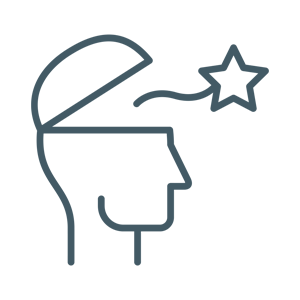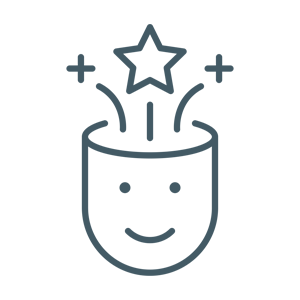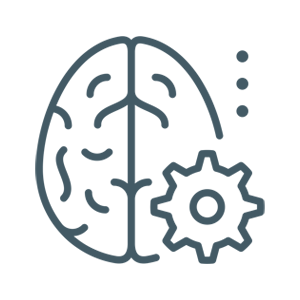Neuropsychological Evaluations for Children, Adults & Families

Dr. John Wager is a Board-Certified Clinical Neuropsychologist (ABPP-CN) with more than two decades of combined experience in occupational therapy and neuropsychology. He provides comprehensive evaluations for children, adolescents, and adults facing learning, cognitive, developmental, behavioral, or neurological challenges.

His background includes leadership and clinical roles at Stanford Hospital, Baylor College of Medicine, University of Rochester Medical Center, Kaiser Foundation Rehabilitation Center, and the Palo Alto VA Medical Center, where he currently serves as Chief of Neuropsychology Outpatient Services.
In addition to his private practice, Dr. Wager teaches doctoral students at Palo Alto University and actively participates in professional organizations such as the American Psychological Association and the National Academy of Neuropsychology. His approach blends scientific rigor with compassionate care, giving clients clear, actionable steps to move forward with confidence.

We work with individuals and families navigating a wide range of concerns. Each evaluation is personalized to your needs, with recommendations designed to improve daily function, academic performance, or workplace success.
-
From learning differences and ADHD to autism spectrum concerns, we provide in-depth assessments to help children succeed at school and in life.
-
We help adults address cognitive, emotional, or behavioral challenges, whether related to injury, neurological changes, or workplace performance.
-
We offer evaluations for memory changes, dementia, and age-related cognitive decline — along with strategies to maximize independence and quality of life.
-
We guide parents through school accommodation processes (IEP, 504) and provide practical strategies for supporting learning and emotional well-being at home.
-
We partner with physicians, attorneys, and other specialists to provide thorough, evidence-based assessments for diagnosis, treatment planning, and documentation needs.
-
Neuropsychological Evaluations
In-depth assessments to understand how brain functioning affects thinking, learning, emotions, and behavior.
-
Psychoeducational Evaluations
Comprehensive testing for learning differences, ADHD, giftedness, and academic performance.
-
Concussion & Brain Injury Assessments
Evaluations to measure the impact of concussions or traumatic brain injuries and guide recovery planning.
-
Memory & Cognitive Decline Assessments
Diagnostic testing for dementia, mild cognitive impairment, and other age-related changes.
-
Executive Functioning Assessments
Assessments to identify difficulties with planning, organization, time management, and self-regulation.
-
Consultation & Recommendations
Expert guidance for families, schools, healthcare providers, and legal professionals.
-
 Board-Certified Clinical Neuropsychologist (ABPP-CN)
Board-Certified Clinical Neuropsychologist (ABPP-CN) -
 Over 20 years of combined clinical and academic experience
Over 20 years of combined clinical and academic experience -
 Leadership roles in prestigious medical institutions
Leadership roles in prestigious medical institutions -
 Collaborative approach with families, schools, and healthcare providers
Collaborative approach with families, schools, and healthcare providers -
 Clear, actionable recommendations for real-world improvement
Clear, actionable recommendations for real-world improvement





